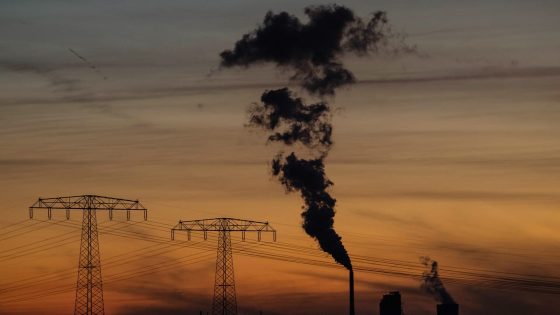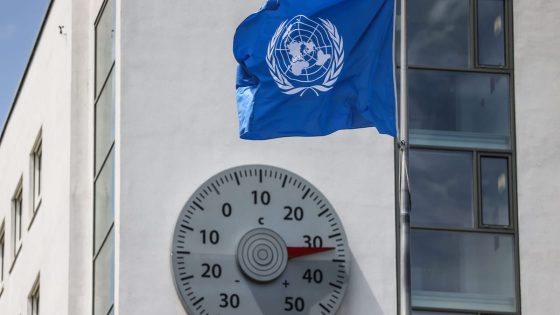The European Union is navigating complex negotiations regarding its climate targets, with significant implications for member states. As of July 2, 2025, the EU executive aims to set a maximum of 3 percentage points of its emissions reduction target to be met through carbon credits, aligning with Germany‘s stance.
- EU targets limited to 3 percentage points via credits.
- France advocates for stronger climate commitments.
- Poland supports France's position on negotiations.
- New options proposed for CO2 target compliance.
- Skepticism remains about carbon credits' effectiveness.
- Europe maintains commitment despite external pressures.
However, France, backed by Poland, is advocating for a more ambitious approach. French President Emmanuel Macron recently suggested delaying an agreement, indicating that challenging discussions lie ahead. This divergence highlights the varying priorities among EU nations as they tackle climate commitments.
As the EU seeks to balance its climate goals with economic realities, one must ask: How will these negotiations impact global climate initiatives? The introduction of options like integrating CO2 removals into the carbon market could ease burdens on energy-intensive industries. Key points include:
- France and Poland’s push for more ambitious targets.
- Germany’s support for limited use of carbon credits.
- Flexibility measures aimed at easing compliance for member states.
As the EU continues its discussions, it is crucial for all nations to remain committed to sustainable practices. Will the EU find common ground to lead the way in global climate action?

































